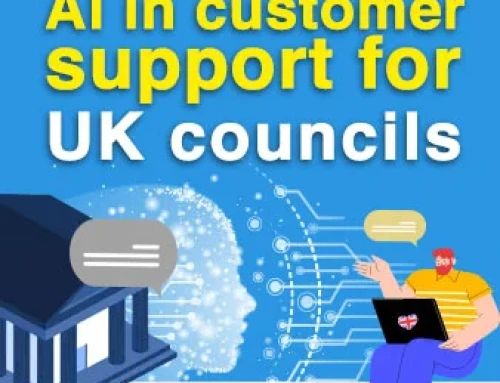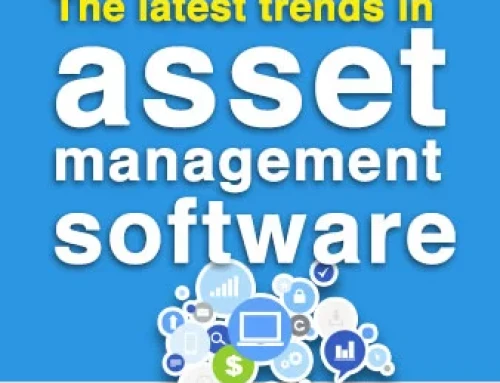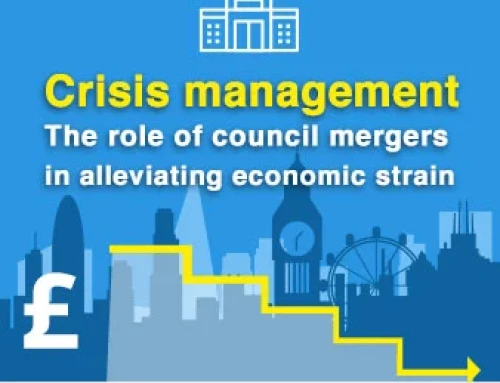How are FMCG startups setting examples for the big players?
FMCG Industry Analysis Proves Innovation Drives Attraction!
FMCG industry analysis indicates a plethora of changes. Innovation is in every nook and corner. The industry that has always been into the mass market, commoditized products and large-scale advertising is now moving towards a new dawn. The small startups are overshadowing the bigger organisations. That’s why; major companies are looking ways to cut the costs, learn from the tech-based startups and secure their foothold in the market. To survive in the long run, they need to strive hard and retain the customers. Perhaps, they have to seek the help of technology.
There are many reasons as to why consumers are shifting towards these startups. For example, people prefer the ‘all-natural’, ‘organic’, and ‘healthy’ products than the general ones. Startups in their initial phase offer lucrative discounts and promotions. They target the customers according to their needs and not on the basis of demography or common categories. They ensure customer convenience at every stage. Also, ‘personalised’ engagement with every customer is prominent. Once into the association, these new companies take utmost care to keep them. Besides, innovation drives new products and FMCG marketing at the right time to the right target audience!
How is the industry adapting to this changing landscape?
The current picture of the FMCG industry analysis has a new tale. We are seeing a lot of investments in startups, capital ventures, and acquisitions. Hellmann teamed up with a startup named Quiqup to increase its direct-to-consumer reach. Quiqup, an on-demand delivery service specialised in meeting the demands of the millennials with the help of technology. This partnership boosted the engagement and delivery of Hellmann’s products to the consumers. Kellogg’s acquired RXBar for a whopping $600M. RXBar, a small company managed to attract a good customer base. These collaborations prove that the simple and direct approaches taken by the startups are effective.
The well-known brand Tyson Foods entered into the e-commerce arena with a strategic partnership with Amazon Fresh and Ali Baba. This move aimed to know more about consumer preferences and reach them by all means. Unilever paid a whopping amount of $1bn to acquire Dollar Shave Club. The e-commerce startup got popular among the millennials with its direct-to-consumer subscription of inexpensive razor blade services. The list of such collaborations goes on. And there is huge money involved. Startups are undoubtedly changing the game!
Let us see how the big players can reform their business with these lessons-
Consumer Engagement
Now is the time to face the millennials. And it’s not an easy game. Most of the startups have been able to gain success only because of their focus on customer engagement. It’s necessary to dive deep into the market. Then only, a company can know what the consumers want, when they want and how to meet their demands. Creating customer experiences has become more important than ever. FMCG giants need to re-strategize their plans and reach the customer. Seek their word and work on it.
For instance, a customer satisfied with a product won’t hesitate to switch a brand if the service is not good. A company has to be in constant touch with their customers. Startups have taken the benefit of the omnichannel approach. Internet is the game changer here. Many startups have leveraged social media, mobile applications, online ordering & payment, instant responses, preferred products and customization to attract the consumers. Getting closer to them is the key!
Product Variation
The traditional FMCG manufacturers practice mass production. Owing to the lower cost per unit, the supply chain economics was based on quantity and generalization. Now, people prefer products that meet their needs by all means. They are willing to pay more for personalized products over the other things. For example, the millennial generation conscious about health chooses their food containing specific ingredients rather than a common food item. Startups have analysed the real need for a particular segment to come up with the exact product which becomes a hot-selling item.
FMCG marketing and manufacturing have to go hand-in-hand. FMCG industry analysis suggests that companies with multiple brands should focus on repositioning them in active spaces. Enhance their products in terms of variety, size, flavor, colour and consumer preferences. It’s no more about the low or high volume quantity but demand-driven sales. FMCG marketing needs to be innovative. It should target the sweet spot of the customers with an array of options.
Employee Empowerment and Coordination
The most amazing part of a startup is its employees. As the startups usually offer a flexible working environment, the employees are more open, creative and free. The culture is based on innovation. The empowered employees contribute their best to accelerate the growth of the company. They put more efforts and time in research and analysis to understand the current situation. With a limited number of team members, it is easier to coordinate with each other.
For any company, employees are its greatest assets. The big FMCG brands should offer more suppleness to the employees. Let them speak to the customers. Be open to experimenting with the new products than sticking only to basics. FMCG companies should take inspiration from the startups when it comes to keeping their employees happy who in turn take care of their customers.
Data Analysis
Data is crucial. It’s necessary to master the art of playing around with the data. According to market experts, startups making extensive use of data have been able to grow their presence beyond expectations. Internet and digital media are present in every nook and corner. If studied closely, they offer a wealth of data about the consumer preferences. FMCG marketing based only on conventional print and media is quite irrelevant in today’s time. The approach has to go far from the roots.
Startups have been collecting and using data in the most powerful way. In fact, many startups have laid their foundation based on the information that conveys what the world wants. Technology is of great help here. With the powerful data management platform, it is possible to extract meaningful results with accurate FMCG industry analysis. The actionable insights drive futuristic planning that is able to push customers towards you. FMCG companies must get serious about data!
Be Wise: Recover and Rise!
FMCG biggies are catching up with the trend. Some companies have chosen to follow the footprints and rebrand their products. In other cases, there are mergers and acquisitions. We see multinational companies acquiring the startups, co-working with them and opening the doors of innovation. It is inevitable for the companies to take some action before it’s too late. Then only, we can see a significant increase in the sales. Explore the key opportunities with the digital platform and engage your customers the way they want. Good luck!





